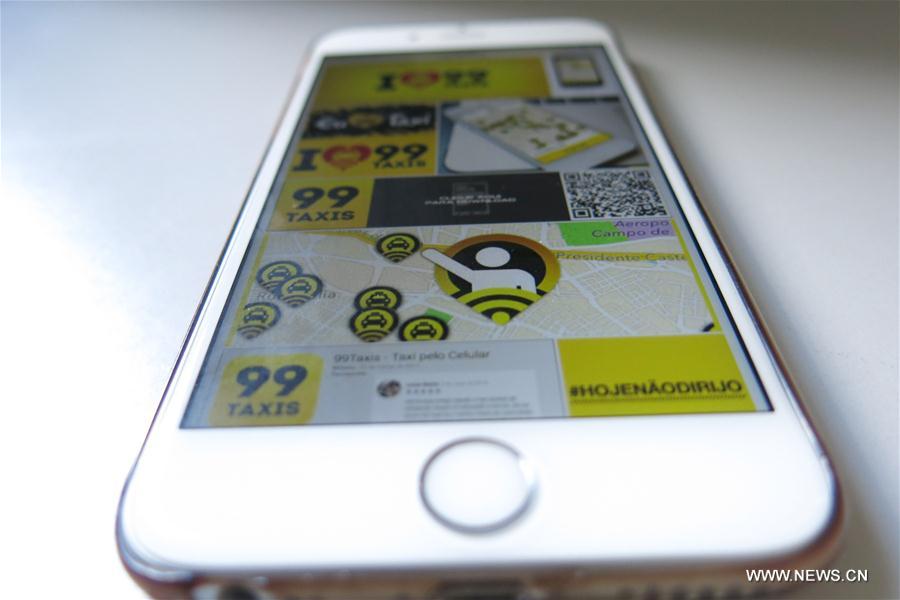China's ride-hailing giant DiDi pledges to think big in Brazil


Matheus Moraes, director of policies and communication at 99, believed the fusion of the two companies will benefit both.
"I am very proud of the agreement. DiDi is already one of our leading strategic partners, contributing to 99's success in the country," said Moraes.
"We feel privileged today to be one organization with an even stronger objective: to improve the transportation industry and citizens' quality of life," Moraes said.
What's more, he viewed the acquisition as a reflection of international cooperation in a new era.
"We are now a global company... We share the same goal, the same criteria and the same mission. We are extremely confident that together we will achieve greater results," said Moraes.
"We plan to consolidate DiDi's organization in Latin America and we are looking to a future with more intelligent cities through our AI (artificial intelligence) capacities," Moraes said.
As a "global company, we aspire to redefine the future of mobility around the world. We strive to provide a better transportation service for millions of people, helping them to move rapidly and safely. Our mission is to be a global leader in smart transport systems," said Moraes.
Global competitor Cabify, a Spanish venture that last year acquired Easy Taxi's operations in Brazil, believed the fusion between 99 and DiDi will benefit the ride-hailing sector in general.
The head of Cabify in Brazil, Daniel Bedoya, said "99's acquisition by a Chinese company breaks Uber's (market) dominance. It represents a consolidation of the sector, providing a more equitable atmosphere for competition and more options for clients."
Bedoya also said sector companies should not compete in terms of pricing, but in quality of service, to provide users with more comfortable rides and greater conveniences.




































